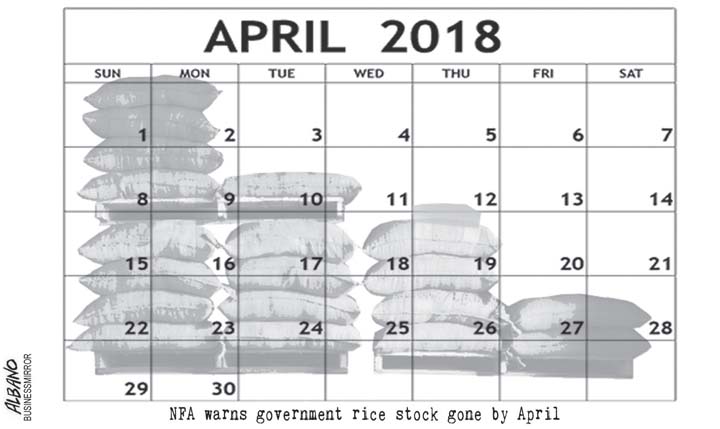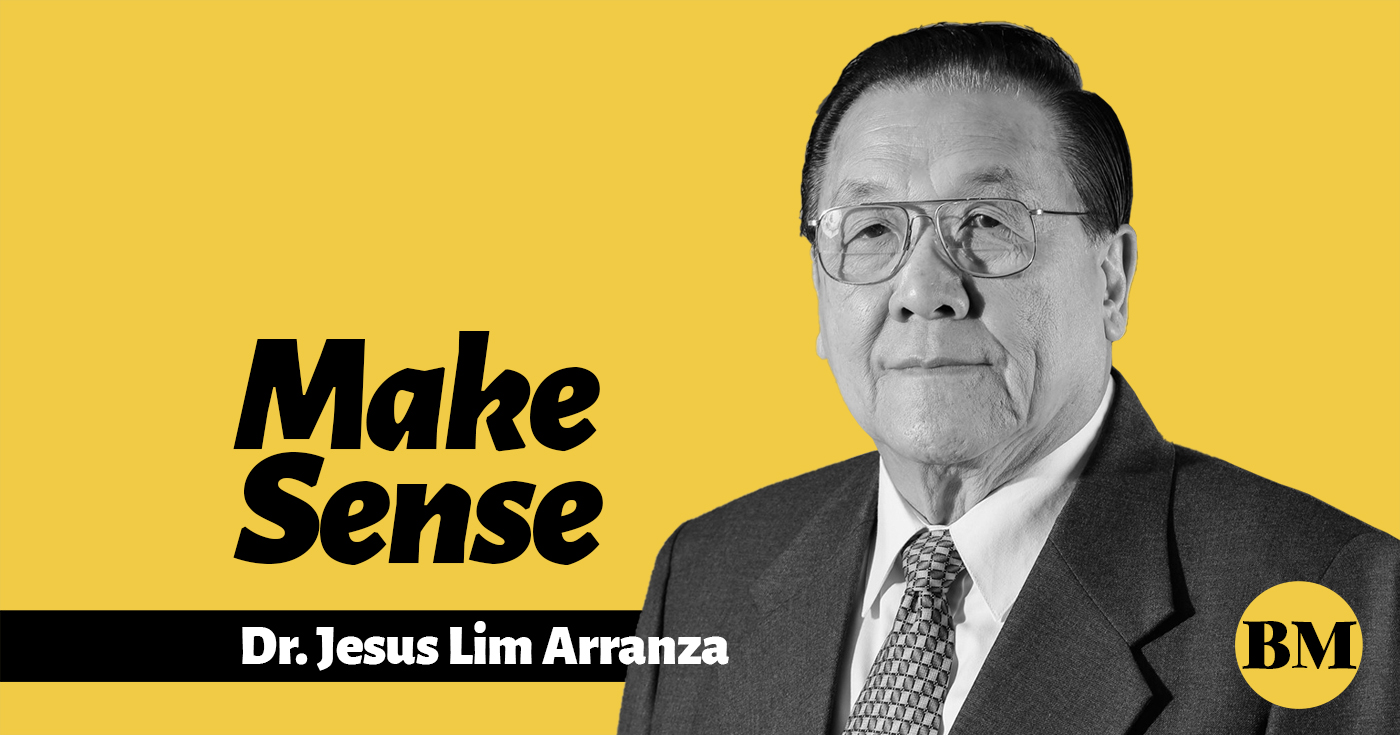
The Philippines subscribes to the statement delivered by Islamic Republic of Iran on behalf of the Non-Aligned Movement.
Allow me to congratulate the Permanent Representative of Morocco Omar Hilale for his appointment as head of Special Committee. He has our complete support.
Since it was set up in 1975, the Special Committee has supported efforts to make the UN more efficient in its work of fostering peace and security in the world. The proposals and working papers now on the table are well within the Committee’s mandate. Among them are those of Ghana and Cuba to strengthen cooperation between the UN and regional organizations, and enhance their combined effectiveness. They attest to the value of the Committee and the quality of its work.
To avoid war by the peaceful settlement of disputes is a major part of the UN’s work. Human rights are safer in peace as they are in constant peril in war. It is to uphold human rights that the UN was created after the horrors of the Holocaust in the Second World War.
The UN was also created to foster development. But without human rights, what is the point of development? Proceeding from the assumption born out of experience, and the moral imperative that governs human actions, we believe that development is more likely to happen in conditions of freedom, justice and peace, while at the same time attaining the purpose of human development in human flourishing.
At our meeting last year, we joined the call for the Committee to consider ways to move forward on Cuba’s proposal to strengthen the Organization and enhance its effectiveness—in particular by bringing the issue of reforming the UN Charter to the International Law Commission. We need to clarify and re-emphasize the symbiotic rather than hierarchic relationship between the General Assembly and the Security Council.
Ghana’s proposal of enhanced UN/regional cooperation in the peaceful settlement of disputes is a key aspect of the Committee’s work. It expresses a felt necessity to fill the gaps in the UN’s work by improving coordination in enforcement actions and conflict prevention, and by clarifying the Security Council’s role in these matters.
Ghana’s proposal is consistent with the 1982 Manila Declaration—the first comprehensive consolidation of a legal framework for the peaceful settlement of international disputes. The Philippines also looks forward to deeper discussions on the subject of the implementation of UN sanctions, as well as assistance to third states affected by them. Thank you.

























